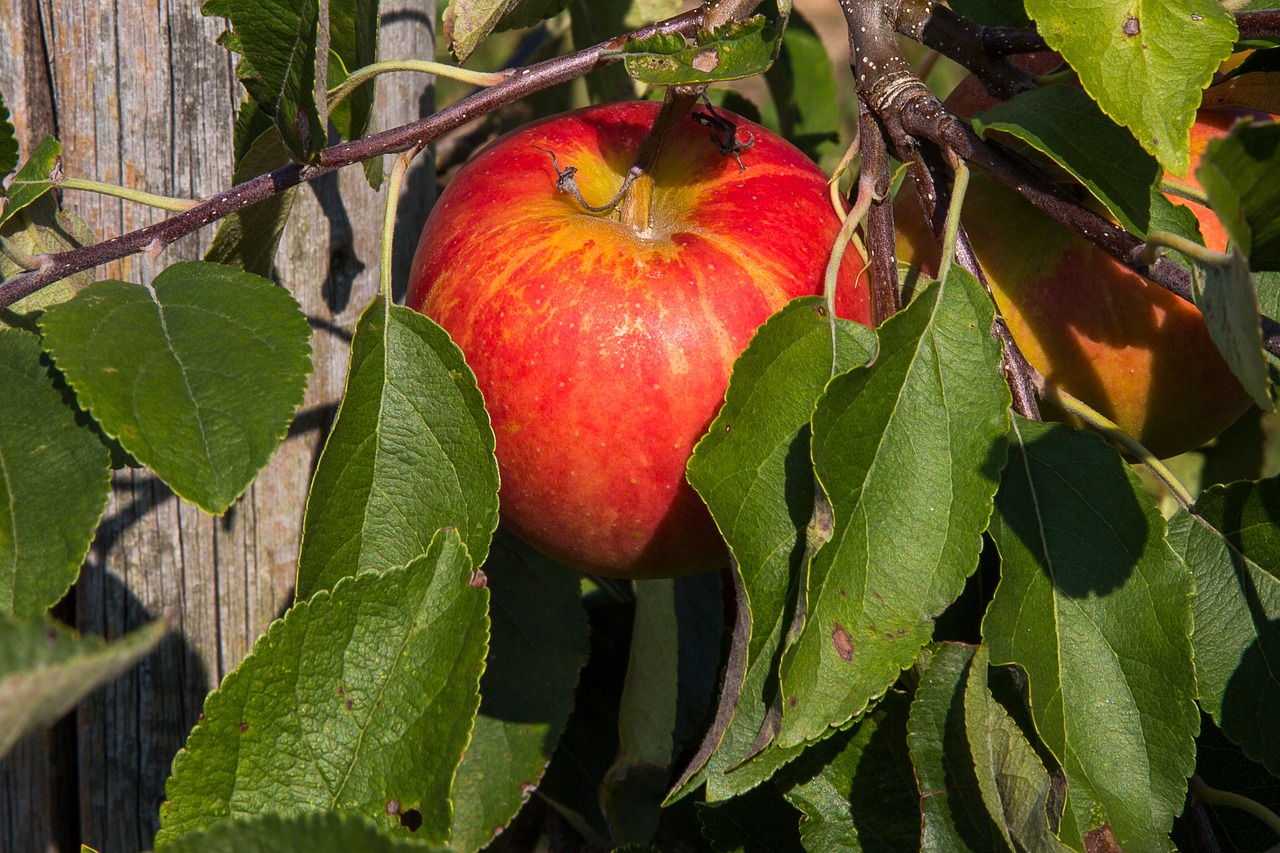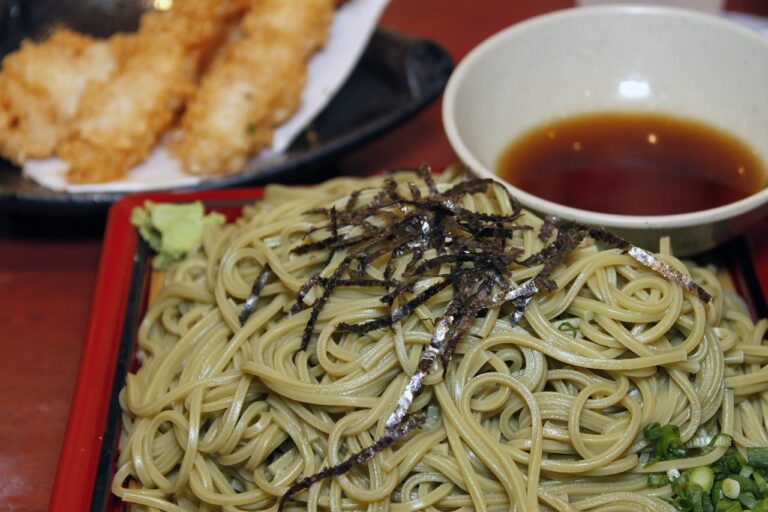Juicing for Irritable Bowel Syndrome (IBS): Digestive-friendly Blends: Silver exchange, Goldenexch login, Betbook247.com login
silver exchange, goldenexch login, betbook247.com login: Are you one of the millions of people who suffer from Irritable Bowel Syndrome (IBS)? If so, you know how challenging it can be to find relief from the uncomfortable symptoms that come with this condition. One way to manage IBS symptoms naturally is through juicing. Juicing can provide your digestive system with the nutrients it needs to function properly, while also soothing inflammation and discomfort.
Here, we will explore the best ingredients to include in your juices to help alleviate IBS symptoms and promote better digestive health. These blends are not only delicious but also easy to incorporate into your daily routine. Let’s dive in!
Understanding Irritable Bowel Syndrome (IBS)
Before we delve into the best juices for IBS, let’s take a closer look at this common digestive disorder. IBS is a chronic condition that affects the large intestine and can cause a range of symptoms such as abdominal pain, bloating, gas, diarrhea, and constipation. While the exact cause of IBS is unknown, factors such as diet, stress, and gut health are thought to play a role in its development.
One of the key goals in managing IBS is to promote a healthy digestive system. Juicing can be a beneficial tool in achieving this goal, as it provides the body with a concentrated source of vitamins, minerals, and enzymes that support digestion and overall gut health.
Juicing for IBS: Digestive-friendly Blends
When creating juices for IBS, it’s essential to choose ingredients that are gentle on the digestive system and unlikely to trigger symptoms. Here are some of the best ingredients to include in your IBS-friendly blends:
1. Leafy Greens: Leafy greens like spinach, kale, and Swiss chard are rich in fiber, which can help promote healthy digestion and reduce constipation. They also contain chlorophyll, which can help soothe inflammation in the gut.
2. Ginger: Ginger is well-known for its anti-inflammatory properties and can help alleviate nausea and bloating, common symptoms of IBS. It also has a warming effect on the digestive system, which can aid in digestion.
3. Pineapple: Pineapple contains an enzyme called bromelain, which can help break down protein and improve digestion. It also has anti-inflammatory properties that can help reduce inflammation in the gut.
4. Mint: Mint has long been used to soothe digestive issues such as indigestion, bloating, and gas. It has a calming effect on the stomach and can help alleviate IBS symptoms.
5. Aloe Vera: Aloe vera juice is known for its soothing properties and can help reduce inflammation in the gut. It also has a mild laxative effect, which can be beneficial for those with IBS-C (constipation-predominant IBS).
6. Cucumber: Cucumbers are hydrating and easy to digest, making them an excellent addition to IBS-friendly juices. They also contain antioxidants that can help reduce inflammation in the gut.
These ingredients can be combined in various ways to create delicious and nutritious juices that support digestive health and help alleviate IBS symptoms. Experiment with different combinations to find what works best for you and your unique digestive needs.
Juicing Tips for IBS
When juicing for IBS, keep the following tips in mind to maximize the benefits for your digestive system:
1. Start slowly: If you are new to juicing, start with small amounts and gradually increase the quantity to avoid overwhelming your digestive system.
2. Use organic produce: Organic fruits and vegetables are free from pesticides and other harmful chemicals that can disrupt gut health.
3. Drink juices on an empty stomach: To help your body absorb the nutrients more effectively, drink your juices on an empty stomach, preferably first thing in the morning.
4. Experiment with different ingredients: Don’t be afraid to try new combinations of fruits, vegetables, and herbs to find what works best for you.
5. Stay hydrated: In addition to juicing, make sure to drink plenty of water throughout the day to support healthy digestion and keep your body hydrated.
Remember that while juicing can be a beneficial tool in managing IBS symptoms, it is essential to also focus on other aspects of your health, such as stress management, regular exercise, and a balanced diet, to achieve optimal results.
FAQs
Q: Can juicing worsen IBS symptoms?
A: In some cases, certain ingredients in juices, such as high-fiber fruits and vegetables, can exacerbate IBS symptoms. It’s essential to pay attention to how your body responds to different ingredients and adjust your blends accordingly.
Q: How often should I juice for IBS?
A: The frequency of juicing for IBS can vary depending on your individual needs and symptoms. Some people find relief from drinking one juice a day, while others may benefit from more frequent juicing. Listen to your body and adjust as needed.
Q: Are store-bought juices suitable for IBS?
A: Store-bought juices can be high in added sugars, preservatives, and other additives that may not be suitable for those with IBS. It’s best to make your juices at home using fresh, organic ingredients to ensure they are as gentle on your digestive system as possible.
Q: Can juicing replace meals for IBS sufferers?
A: While juicing can be a healthy addition to your diet, it should not replace whole meals. It’s important to maintain a balanced diet that includes a variety of foods to ensure you are getting all the nutrients your body needs to support overall health and well-being.
Juicing for IBS can be a delicious and effective way to support digestive health and alleviate uncomfortable symptoms. By incorporating the right ingredients into your blends and following these tips, you can empower your body to function optimally and enjoy a greater sense of well-being. Experiment with different combinations and find what works best for you to achieve the best results for your unique digestive needs.







